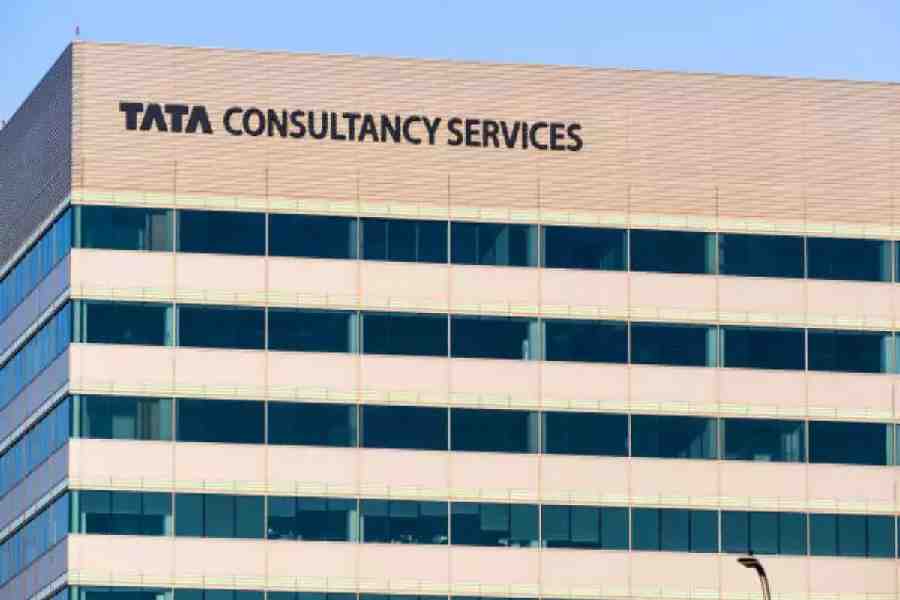The second-quarter results of Tata Consultancy Services (TCS) fell short of estimates when it reported an 8.73 per cent growth in net profit on Wednesday amid a subdued macro-economic environment that has seen slower ramp-ups.
The country’s largest IT services firm posted a net profit of Rs 11,342 crore in the July-September quarter against Rs 10,431 crore in the same period of the previous year, which was below the estimates of analysts of around Rs 11,409 crore. On a sequential basis, the bottomline grew 2.42 per cent, lower than Street estimates of 3 per cent.
TCS also failed to meet expectations on the revenue front which rose 7.9 per cent to Rs 59,692 crore compared with Rs 55,309 crore in the year-ago period. Revenues were expected to come between Rs 60,300 crore and Rs 60,600 crore.
Moreover, revenues in US dollar terms declined on a sequential basis for the first time in the April-June quarter of 2021 to $7.21 billion from $7.22 billion.
Higher operating margins and growth in order books were the sole bright spots in the lacklustre results.
Operating margins grew 110 basis points on a sequential basis to 24.3 per cent, while the order book rose nearly 10 per cent to $11.2 billion.
“Strong deal momentum delivered us a very large order book in the second quarter — our second highest TCV (total contract value) ever in a quarter, and a good pipeline. The resilience of demand for our services, our clients’ willingness to commit to long tenure programs and their continued appetite for experimentation with Gen AI and other new technologies give us confidence in our longer-term growth prospects,’’ K. Krithivasan, chief executive officer and managing director of TCS, said.
Krithivasan listed the challenges in a difficult global environment dominated by adamant inflation and central banks retaining elevated interest rates. This has dented the pace of new transformational projects, which are not replacing the completed ones.
“Given the macroeconomic uncertainty, there is also a lot of request for cost optimisation. We can sign new projects and the project that we sign, we continue to execute them and they yield revenues as planned.”
“But (they are) not compensating for the degrowth happening as clients are pausing some of the projects and there are some deferrals. While the order book is strong, it is not reflecting (in) the revenue growth.”
Krithivasan was responding to a query on why revenues have dipped in spite of rising deal wins.
While the management did not give any timeline for a recovery, they pointed out some of the markets are doing well.
During the second quarter, Latin America showed a growth of 13.1 per cent on a constant currency basis over the previous year, while it came at 10.7 per cent in the case of the UK and 4.1 per cent for the Asia Pacific while West Asia And Africa grew 15.9 per cent. However, North America was muted with a growth of only 0.1 per cent.
In terms of verticals, BFSI disappointed as it declined 0.5 per cent from a year ago, and technology and services fell 2.2 per cent.
However, some other verticals such as energy, resources and utilities (up 14.8 per cent), manufacturing (5.8 per cent) and life sciences and healthcare at 5 per cent performed better during the quarter.
TCS chief human resources officer Milind Lakkad said fall in the net employee count is because of slower new hiring compared to attrition. The company is honouring all offers on freshers’ intake, but business requirements may result in delays in joining dates.











